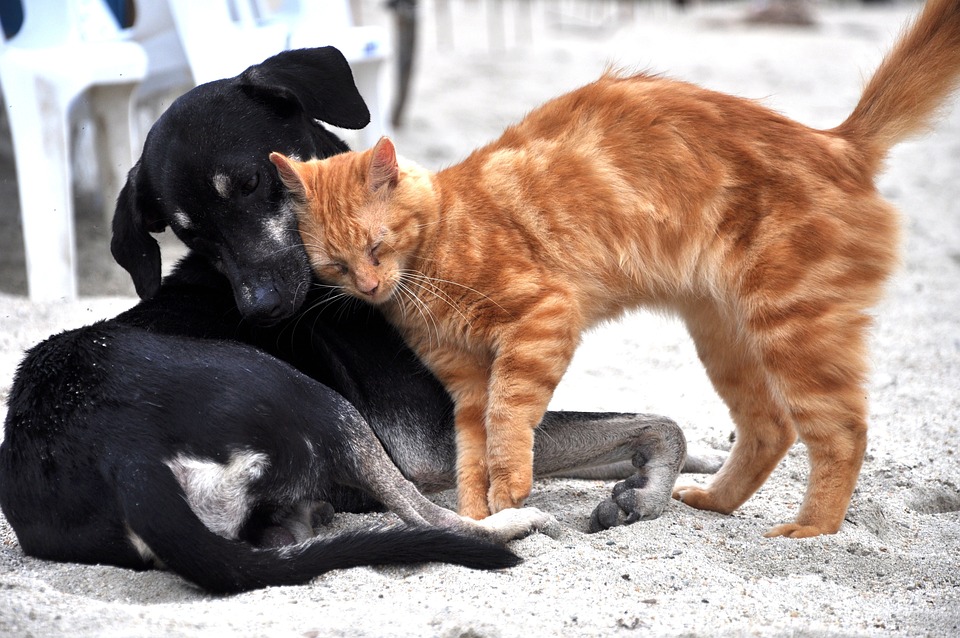Obesity in cats is a growing concern among pet owners. Just like in humans, obesity can have serious health implications for cats. It can lead to various medical conditions such as diabetes, arthritis, heart disease, and even a shortened lifespan. As responsible cat owners, it is our duty to manage and prevent obesity in our feline companions. This comprehensive guide aims to provide you with the necessary information and tools to do just that.
The first section of this guide delves into the dangers of cat obesity. Here, we explore the health risks associated with excess weight in cats and discuss the causes and contributing factors of feline obesity. Understanding these risks and factors will help you recognize the importance of taking action and implementing preventive measures.
The next section focuses on how to manage cat obesity. We emphasize the importance of regular veterinary check-ups, as a professional evaluation and guidance are crucial in addressing obesity. Customizing a healthy diet plan for your cat, implementing portion control and feeding schedules, choosing the right cat food and treats, and incorporating exercise and playtime into your cat’s routine are all essential steps in managing obesity.
The following section provides tips to prevent obesity in cats. Prevention is always better than cure, and understanding the significance of preventive measures is key. We discuss monitoring portion sizes and adjusting as necessary, encouraging physical activity and interactive play, providing mental stimulation to prevent overeating, and creating a safe and engaging environment for your cat.
To address common concerns and questions, we have included a FAQs section. Here, we answer frequently asked questions such as how to determine if your cat is overweight, the importance of consulting a veterinarian before starting a weight management plan, whether certain cat breeds are more prone to obesity, the impact of spaying or neutering on weight, health conditions that can contribute to obesity, and the use of dietary supplements for weight loss.
In conclusion, managing and preventing obesity in cats is a vital aspect of their overall health and well-being. By following the guidelines and advice provided in this comprehensive guide, you can take proactive steps to ensure a healthy and happy life for your feline companion. Remember, your cat relies on you to make the right choices for their health, so take action today and help them maintain a healthy weight.








